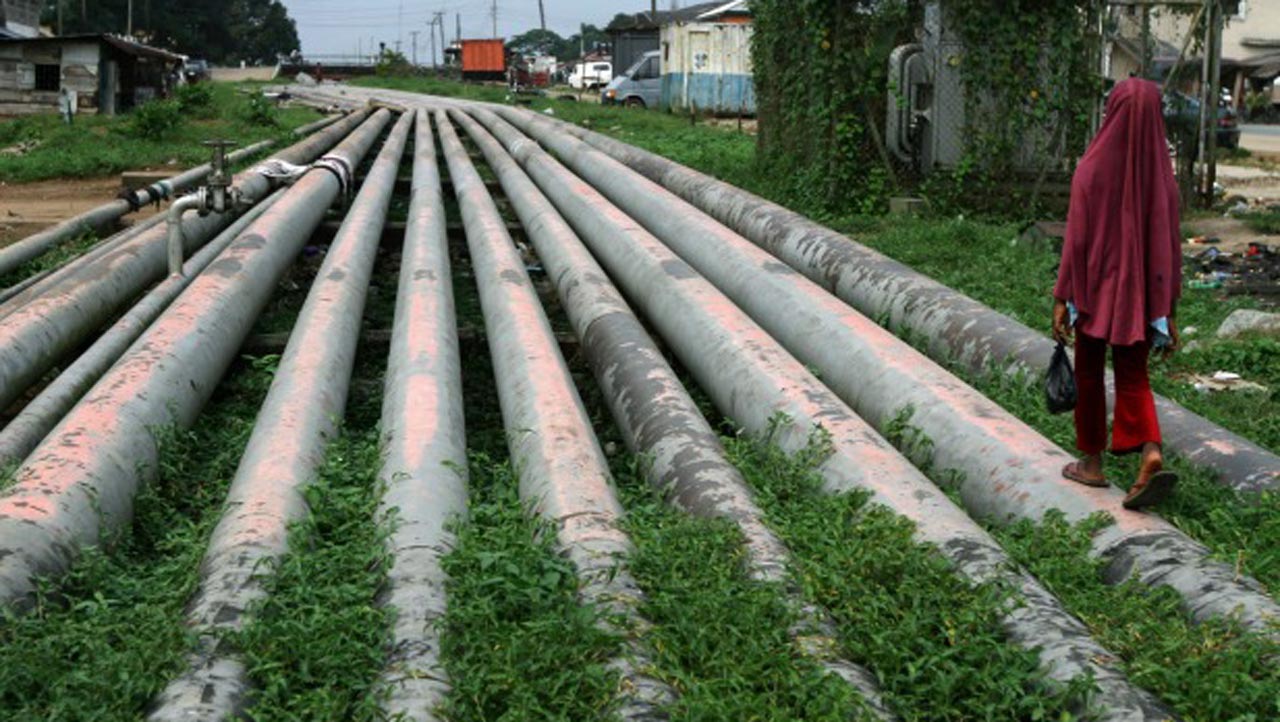By Energy Worth
Niger Delta stakeholders have warned that the menace of crude oil theft and artisanal refining will continue unabated in the region if the issue of resource control is not addressed.
They decried the delay in commencement of the clean up of Ogoni environment almost seven years after the submission of the United Nations Environment Programme (UNEP) report to the Federal Government.
At a roundtable on sustainable alternatives for addressing oil theft and artisanal refining, former provisional president of the Movement for the Survival of Ogoni People (MOSOP), Prof. Ben Naanen, said the reason artisanal refining had become rife in the coastal communities of Niger Delta was because the government had failed to meet the energy needs of the people.
According to him, the failure to recognise that energy is one of the most important aspects of human existence created the gap which those involved in illicit refining have now filled.
Naanen, while analysing the socio-economic implications of oil thefts and artisanal refining at the event held in Port Harcourt, Rivers State yesterday, argued that except the government addresses the issue of resource control, the problem would persist.
He stressed that as long as the people of the region feel excluded from ownership of their God-endowed resources, they would not be obliged to protect oil pipelines from which over $9billion worth of crude oil is stolen annually.
The Coordinator, National Coalition on Gas Flaring and Oil Spill in the Niger Delta (NACGOND), Rev. Father Edward Obi, blamed the problem of crude oil theft on the continued degradation of the human persons in the Niger Delta.
He claimed that the alleged neglect of the region by government led to the situation whereby everyone, including those involved in artisanal refining, are laying claims to ownership of the resource.
According to him, the desperation to survive amid harsh living condition in the communities in the coastal areas has resulted in people no longer seeing moral reasons not to steal crude oil and in the process destroying the environment.
A university teacher, Dr. Sofiri Peterside, said the Federal Government’s proposal to set up modular refineries in the Niger Delta might not address the problem of artisanal refining and crude oil theft because communities in the region were neck deep in the illicit business.
The Head, Centre for Conflict and Gender Studies, University of Port Harcourt, Dr. Fidelis Allen, observed that between 2016 and now, the problem of crude oil and artisanal refining has worsened.
He expressed regret that irrespective of the environmental and health implications of this problem, stakeholders, including government, have not been able to find solution to it.








